When shopping for an amplifier, we frequently come across two sorts of amplifiers: amplifiers and AV receivers. That is the most common type of amplifier on the market.
So, what is the distinction between these two devices? How do we make purchasing decisions? Compare the features and functions of these two power amplifiers to find the difference between the amplifier and receiver.
Audio sources, power amplifiers, and speakers are all essential components of even the most basic audio system. The quality of these devices mainly defines the whole audio system's sound quality.
The power amplifier acts as a link between sound input and speakers, and it serves as the sound systems' powering force.
The amplifier is simple to use. Its purpose is to amplify the numerous signals produced by the source in order to drive the speakers and produce sound.
Technically, the amplifier is similar to a current modulator. It changes the AC signal to a DC signal, which is then controlled by the sound signal from the source. It sends varied sizes of current to the speakers based on the frequency.
With the development of audio and video equipment in recent years, audio manufacturers have designed and produced various models. Those models come with different technical characteristics based on traditional amplifiers. People refer to this amplifier as an AV receiver.
A HiFi amplifier or stereo amplifier is an amplifier that is solely used for listening to music. To meet modern audio needs, manufacturers divide audio amplifiers into power amplifiers and home theater AV receivers.
Amplifier vs. Receiver First: what is the amplifier
An amplifier is a type of electronic device used to boost the power of an audio stream. It raises the voltage or current of a weak audio input signal, allowing it to drive speakers or headphones more efficiently.
Amplifiers are crucial in audio systems. They improve sound quality and ensure that the audio signal reaches speakers accurately. Additionally, amplifiers provide enough power for the speakers. If you want to make a home theater system, you will realize an amplifier is crucial and will help you a lot.
Amplifiers are available in a variety of configurations, including standalone units and integrated circuits included in devices such as receivers.
We classify them according to their power output, operation class, and intended usage. Solid-state amplifiers, tube amplifiers, and digital amplifiers are all prevalent varieties. Each variety has distinct qualities and a distinct acoustic identity. Usually, if you need to install an amplifier for home use, you can refer to the Class D amplifier.
Sometimes people contrast amplifiers with receivers, which combine amplification with characteristics such as signal processing and input switching.
However, amplifiers provide audiophiles and enthusiasts with simplicity, versatility, and customization choices. When you decide between an amplifier and a receiver, you must consider issues such as sound quality, versatility, and personal tastes.
Amplifier vs. Receiver Second: what is the receiver
A receiver is a multi-functional audio device that combines multiple tasks into a single unit. It usually has an amplifier as well as other capabilities including signal processing, input selection, and radio tuners. Receivers connect audio sources to speakers or other output devices in audio systems. Audio sources can include CD players, Blu-ray players, and streaming devices.
A receiver's amplifier component amplifies audio signals to power the speakers, guaranteeing excellent sound reproduction. Receivers make things simpler by having different inputs and outputs, so you can easily connect different audio and video devices.
Frequently, manufacturers include advanced capabilities such as surround sound processing, room correction, and remote control functionality.
When evaluating amplifiers and receivers, keep the balance of simplicity and utility in mind. Amplifiers make things louder, but receivers do more by making it easier to connect and process audio.
Choosing between an amplifier and a receiver depends on personal preferences and the audio setup's specific needs.
Amplifier vs. Receiver Third: what are the differences
Although both amplifiers and receivers are essential components of audio systems, they have distinct properties and functions.
The basic function of an amplifier is to increase the power of audio signals, hence improving sound quality and driving speakers.
We classify amplifiers as solid-state, tube, or digital, with varying sonic qualities and power output options. Audiophiles often prefer them over receivers due to their simplicity, customization choices, and price.
A receiver combines an amplifier with extra capabilities such as signal processing, input switching, and radio tuners. Receivers act as central hubs that can integrate different audio sources and speakers seamlessly. They offer simplicity and adaptability by providing a variety of connectivity choices as well as advanced capabilities.
Personal preferences and unique requirements influence the decision between an amplifier and a receiver.
Amplifiers are good for simplicity, customization, and cost-effectiveness. Receivers are good for ease, versatility, and comprehensive audio control.
When deciding between the two, consider elements such as sound quality, functionality, and affordability.
Amplifier vs. Receiver Third: which one is better
When comparing amplifiers and receivers, it is critical to consider individual needs and tastes before declaring one to be definitively superior.
Amplifiers excel at their primary job of amplifying audio signals, with ease of use, customization choices, and low cost. Audiophiles who value sound quality and demand precise control over their audio setup choose them.
Receivers offer a complete solution by combining amplification with extra capabilities such as signal processing, input selection, and connectivity options. They provide simplicity, versatility, and advanced features, making them ideal for those looking for a centralized audio hub.
Choosing between an amplifier and a receiver depends on sound quality, system complexity, functionality, and budget.
Some music lovers may prefer amplifiers because they make the sound louder. On the other hand, some people may choose receivers because they are easier to use and can connect to multiple devices.
To find the best option for an amazing audio experience, consider your personal preferences as well as your specific demands.


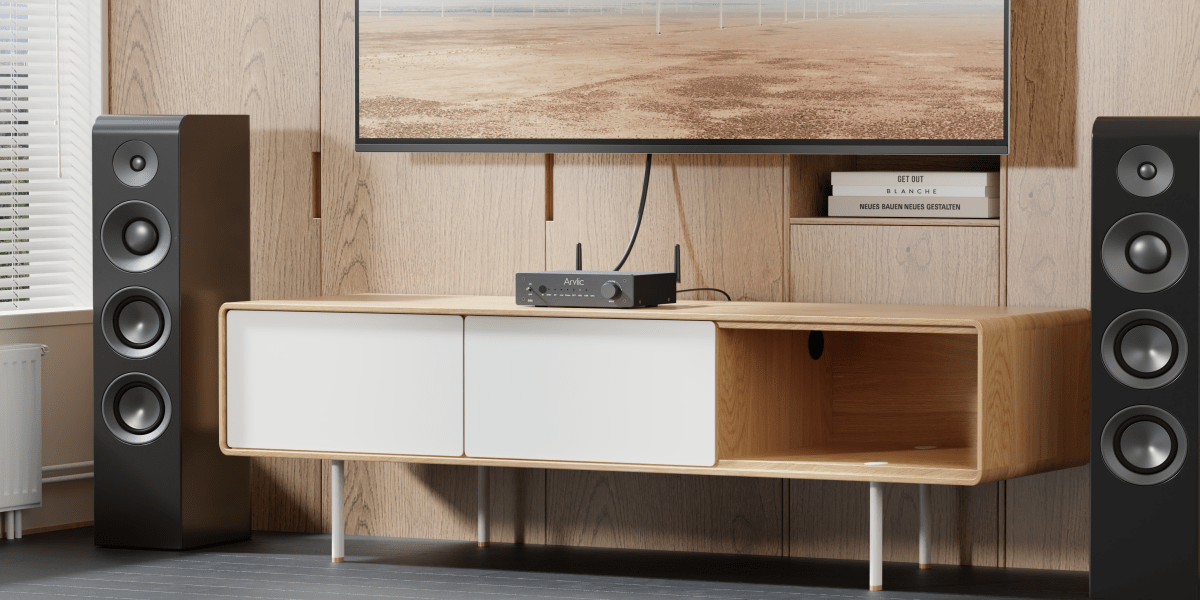
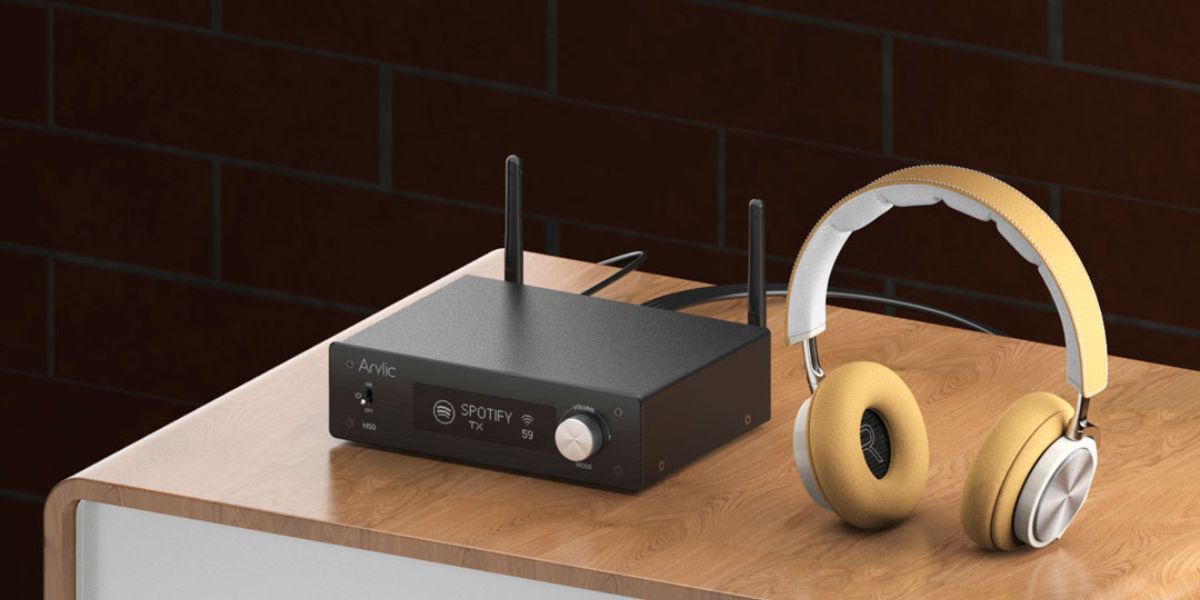
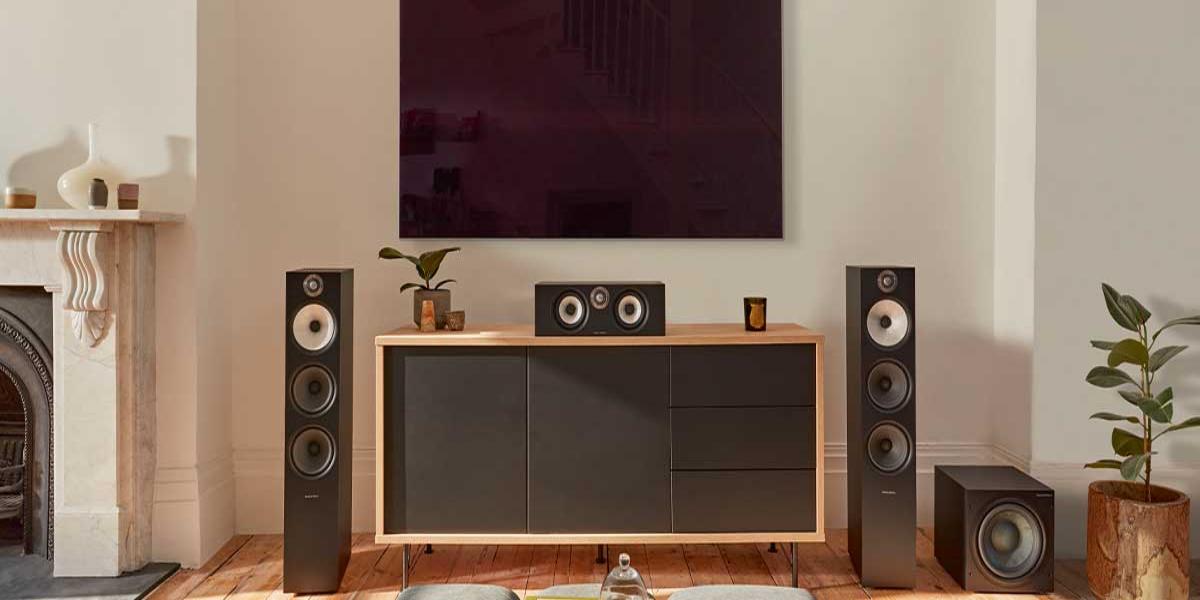
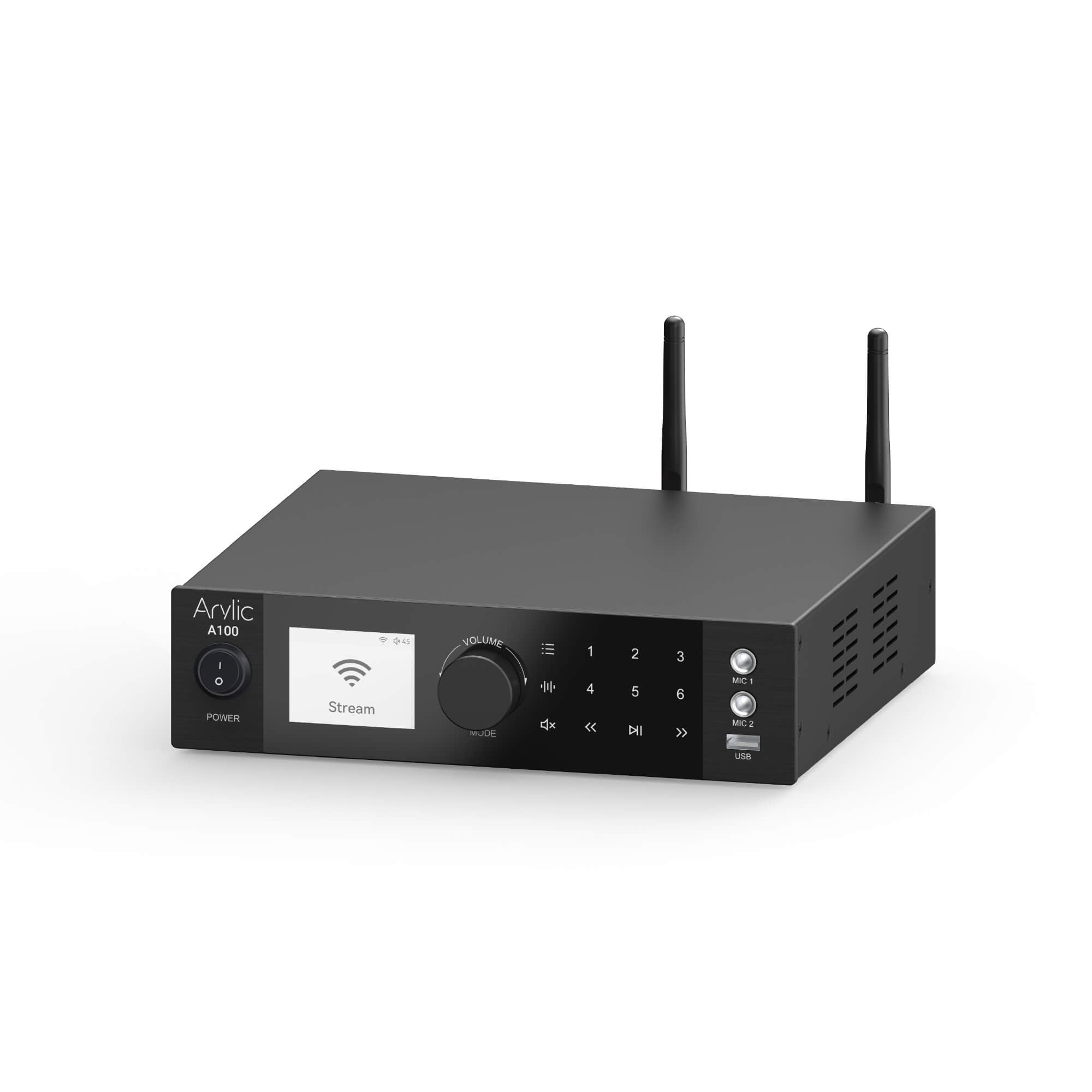
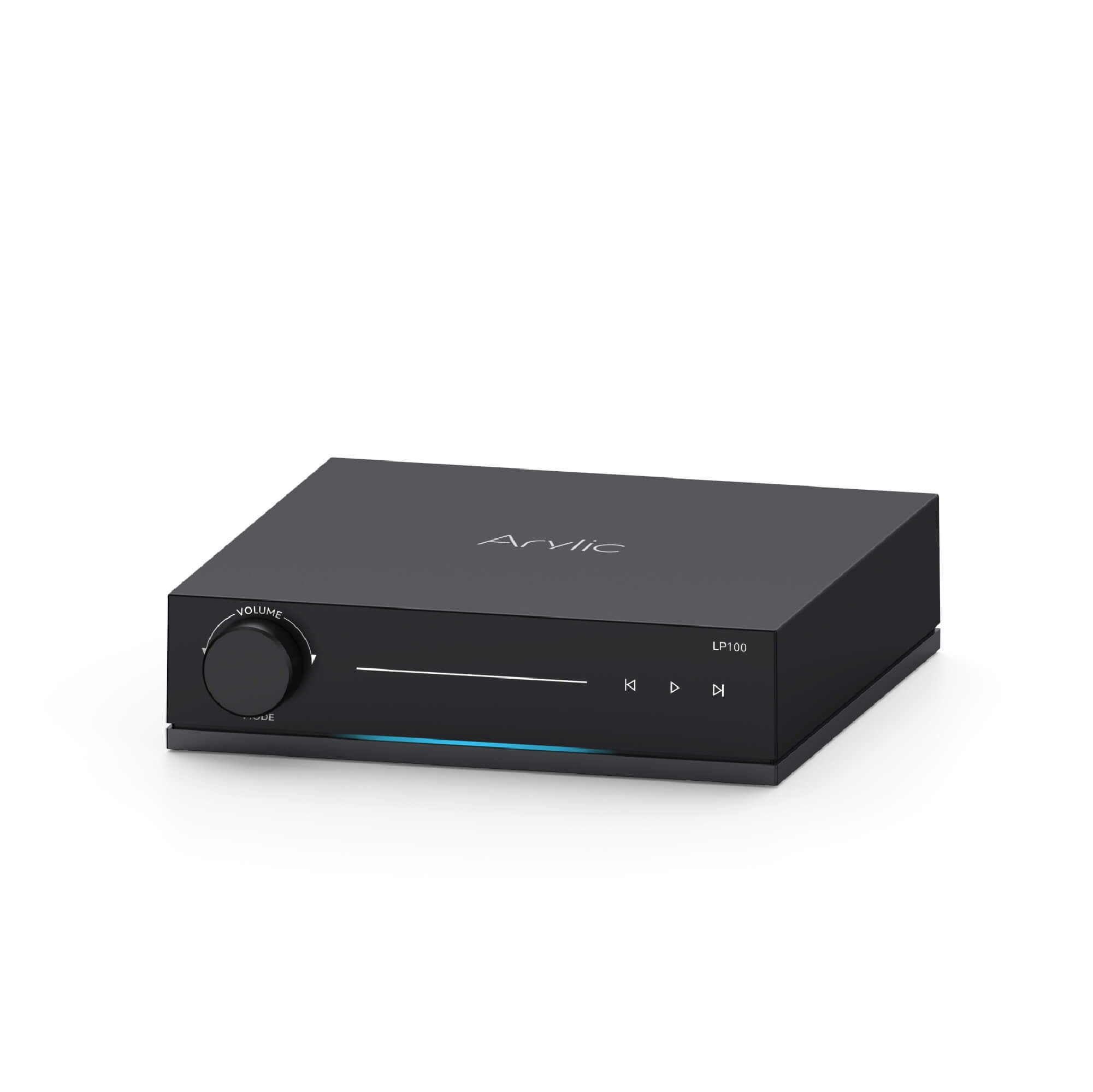
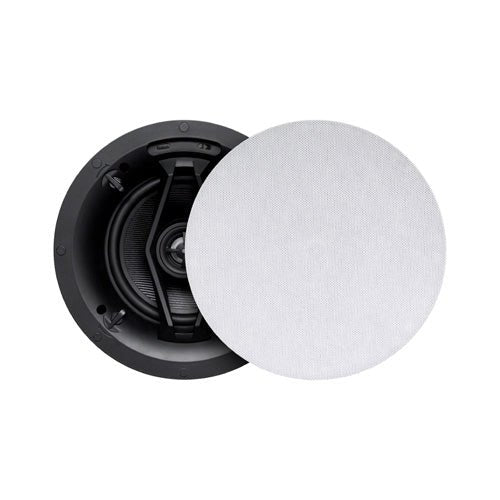

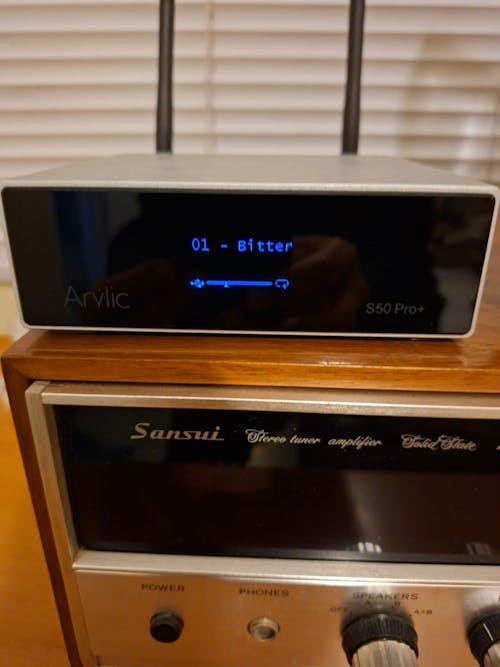

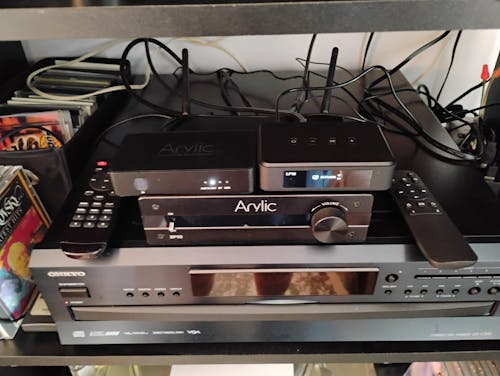
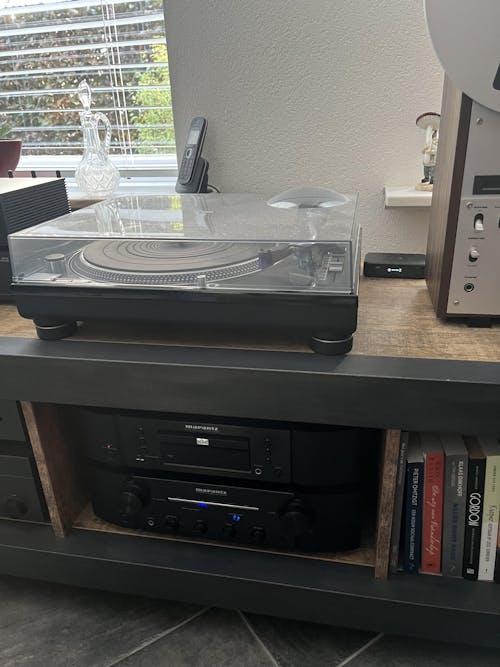


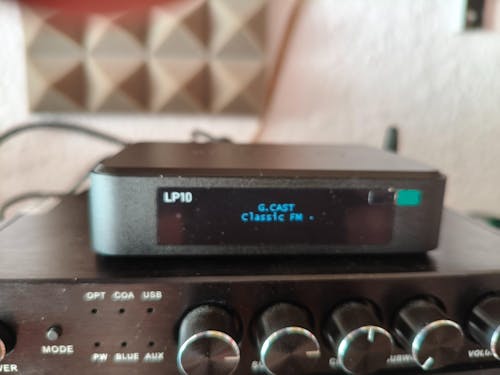

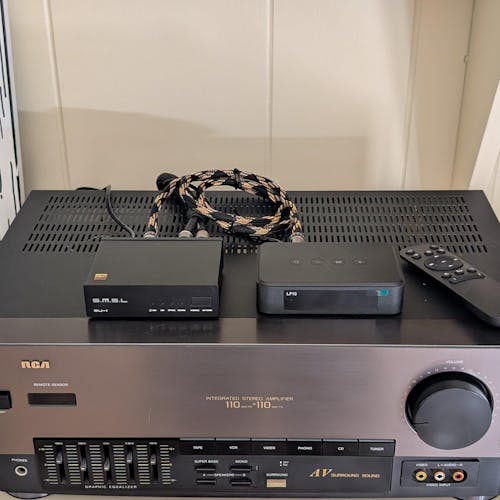
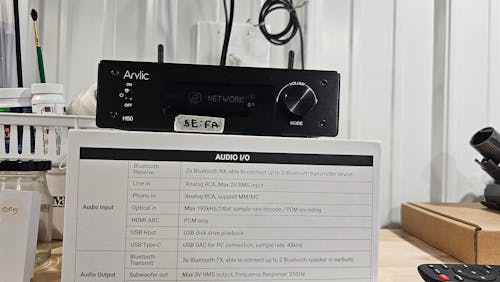
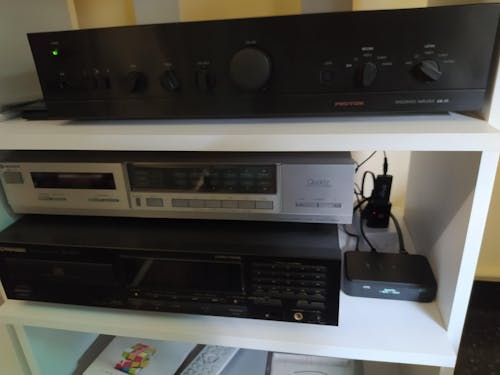
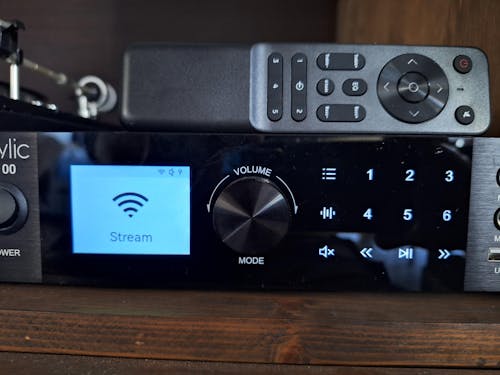
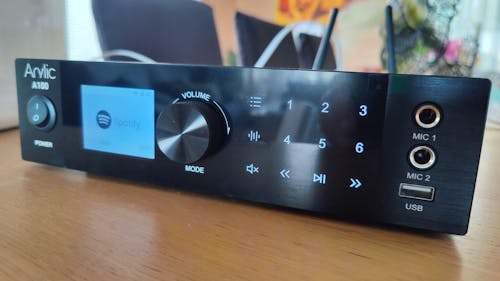

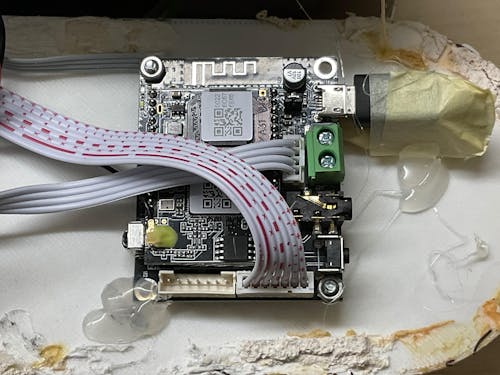
Leave a comment
All comments are moderated before being published.
This site is protected by hCaptcha and the hCaptcha Privacy Policy and Terms of Service apply.